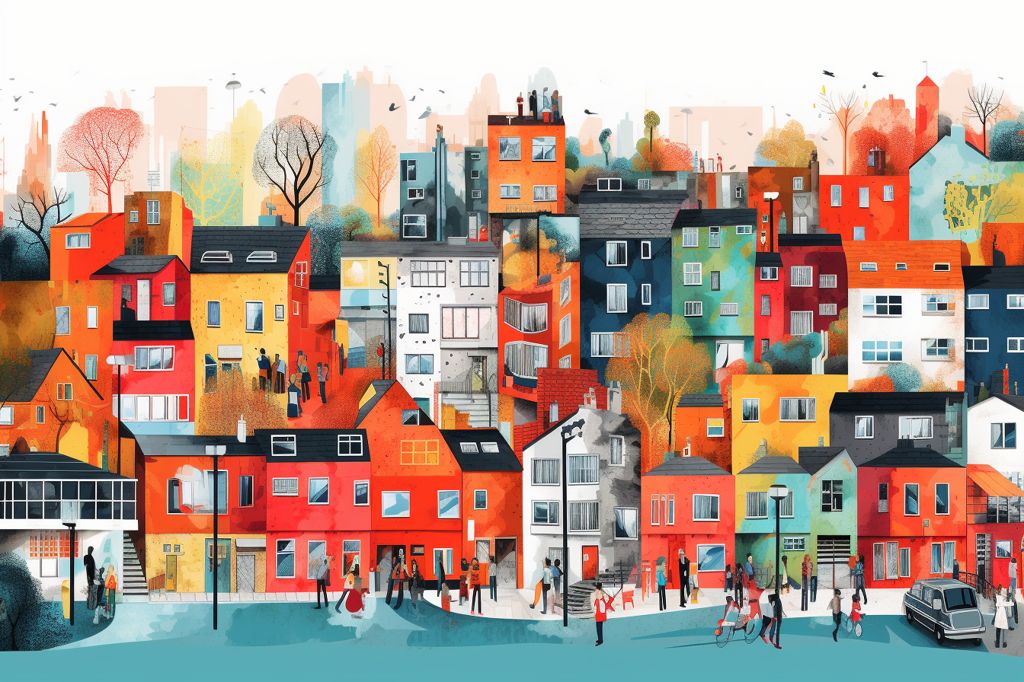The Cape Town City Council has authorized the release of several land parcels, totaling around 13,000 square meters, for the expansion of social housing in strategic locations across the metro. The project represents a significant milestone in the public-private partnership for large-scale social rental housing delivery.
Two Primary Precincts in Parow to Generate around 650 Social Housing Units
The Tygerberg and Unisa campuses, as well as other prime locations near Voortrekker Road, have been earmarked for social housing initiatives. The two primary precincts in Parow are estimated to generate approximately 650 social housing units, in addition to the 1,300 housing units within the five inner-city land parcels that reached significant land release milestones in the first year. These initiatives will facilitate the release of more affordable housing near vital economic nodes across Cape Town, such as the crucial Voortrekker Road corridor connecting Cape Town CBD with Bellville.
Well-Positioned Sites for Social Housing in Partnership with Social Housing Institutions
The council’s approval of properties with a desktop value exceeding R25 million aims to unlock these well-positioned sites for social housing in partnership with accredited social housing institutions (SHIs). These developments cater to households earning below R22,000 per month and enhance the neighborhoods’ attractiveness and value. The City’s priority is to release more prime land parcels for affordable housing opportunities in collaboration with the private sector and social housing agencies to generate much-needed construction jobs.
Public-Private Partnership to Foster Economic Growth in Neighborhoods and Communities
The mission of the Cape Town City Council is to facilitate affordable housing while ensuring that developments foster economic growth in neighborhoods and communities. By engaging the private sector, housing delivery can be accelerated, shaping a city of hope in which every individual feels like a true Capetonian, contributing value to their communities, families, and themselves.
Key Facts About Social Housing
The City’s social housing projects adhere to strict due processes and public participation. Some key facts about social housing include:
- Management by accredited social housing institutions (SHIs) which rely solely on rental income and receive no operational grants.
- Formal lease agreements between tenants and the SHI, which, if violated, prompt legal recourse.
- The City’s non-involvement in day-to-day SHI management, rental amounts, or evictions.
- A requirement for potential beneficiaries to register on the City’s Housing Needs Register before applying for social housing.
- Development of projects on accessible land near urban centers.
- Distinct separation from low-income subsidized government housing and City Council Rental Units.
- 24-hour security and access control management.
- The City’s potential sale of discounted land for social housing developments to ensure financial feasibility.
- Improved property values in the area due to social housing.
How to Apply
For more information and to apply, interested parties can visit the official website of the City of Cape Town.








